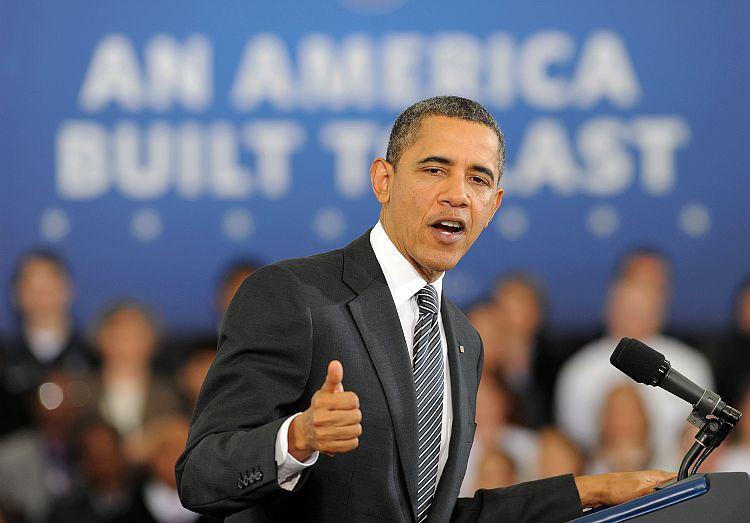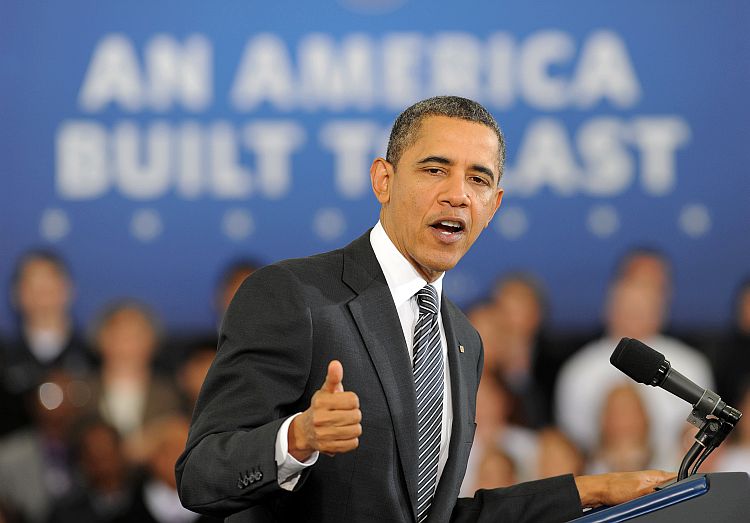President Barack Obama’s proposal to reform the corporate tax structure has critics concerned that small businesses are being left out.
Obama intends to simplify the tax code, eliminate a range of tax loopholes and subsidies, and lower the corporate tax rate from 35 percent to 28 percent. “It’s a framework that lowers the corporate tax rate and broadens the tax base in order to increase competitiveness for companies across the nation,” he said in a Feb. 22 statement.
Obama added that the present corporate tax system was “outdated, unfair, and inefficient” and decried it for encouraging American businesses to move offshore.
“It’s not right, and it needs to change,” he said.
Treasury Secretary Timothy Geithner said the U.S. corporate tax system was among the highest in the developed world. He blamed the high tax rate on loopholes that were only available for certain industries but cost taxpayers millions of dollars a year.






